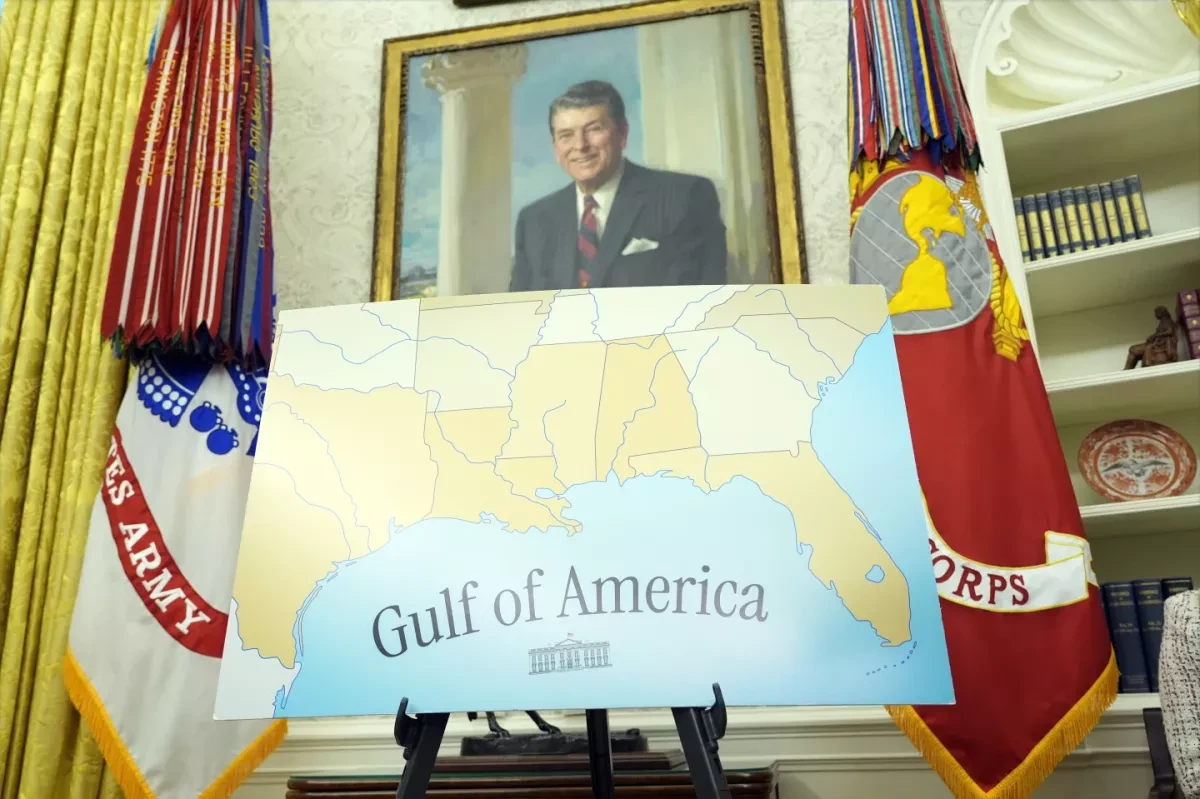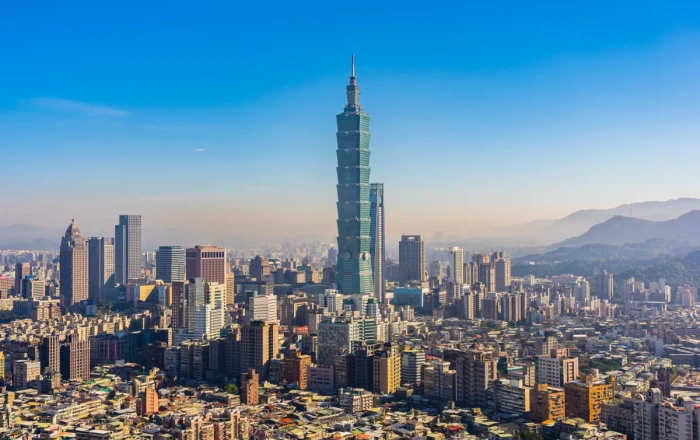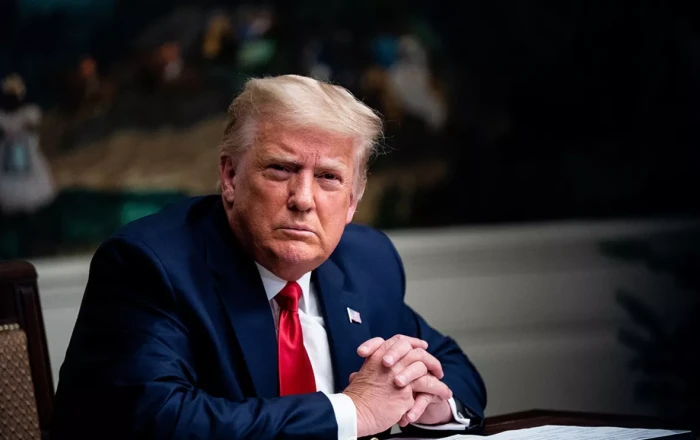In a recent op-ed from The New Yorker, the author explores the implications of President Donald Trump's executive order to rename the Gulf of Mexico as the "Gulf of America." At first glance, this move seems like a clear assertion of U.S. dominance, with "America" often synonymous with the United States in national discourse. However, the article argues that the change in nomenclature holds deeper, more complex meanings, particularly in Latin America, where "America" is seen as a collective term that encompasses both North and South.
The article goes on to argue that Trump’s decision might not simply be a nationalist statement, but could be interpreted by Latin Americans as an attempt to reclaim a shared space in the Americas, a sentiment particularly relevant in Cuba, Mexico, and other Latin American countries. In a historical context, the piece examines how Latin Americans have long seen themselves as integral to "America," despite the U.S.'s frequent positioning of Latin America as "other." The piece draws from historian Greg Grandin’s analysis in his book America, América, which argues that Latin America’s fight for independence from colonial powers was as significant to the formation of the Americas as the U.S. revolution. Figures like Simón Bolívar and the governor of Spanish Louisiana, Bernardo de Gálvez, are highlighted as essential to the success of U.S. independence.
The article also points to the Monroe Doctrine as a historical tool that simultaneously asserted U.S. sovereignty over the Western Hemisphere while maintaining a veneer of protection for other American nations. The U.S. claimed to defend the hemisphere against European aggression, but over time, the doctrine was used to justify American interventions in Latin America, from the annexation of Texas to Theodore Roosevelt's later justifications for military occupations. This double standard is exemplified by Bolívar’s later skepticism of U.S. motives, highlighting the friction between Latin American sovereignty and American imperial ambitions.
Throughout the op-ed, Grandin’s work is used to shed light on the tensions between the U.S. and Latin America, showing how both regions have viewed their shared history through very different lenses. Grandin frames Trump’s actions as part of a larger tradition of U.S. expansionism, both territorial and ideological, stretching back to the age of conquest. In the context of modern politics, the piece connects these historical dynamics to Trump’s rhetoric, especially his admiration for President James Polk, known for his expansionist policies.
Ultimately, the article suggests that Trump's vision of “America” as a dominion of the U.S. is at odds with Latin American perspectives, which see the entire hemisphere as a shared community of nations. It cautions that the rising appeal of authoritarian figures like Nayib Bukele in El Salvador, along with Trump’s resurgence, signals a tension that could shift the region toward less democratic, more nationalist ideologies, especially in the face of social and economic inequalities. The op-ed challenges readers to reconsider the meaning of "America" in a global context, suggesting that social democracy may hold the key to resolving the continent’s deep-seated divisions.
By Vugar Khalilov
Source: caliber.az












